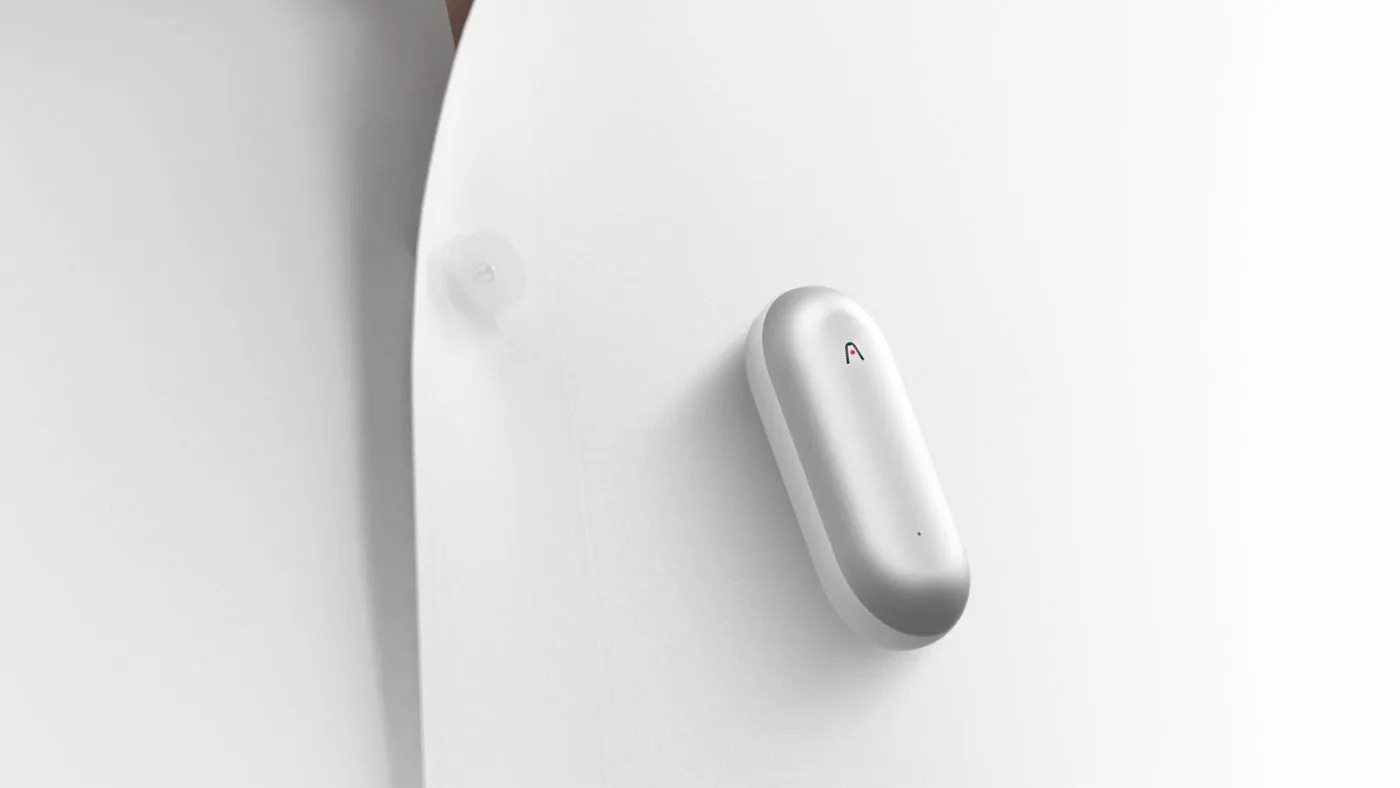Exploring the Fate of AI Voice Recording Gadgets like NotePin

AI Voice Recorders Rise Amidst Competition
Kudos to Plaud for one thing: in a year otherwise marred by high-profile failures and oh so much AI vaporware, it made an AI gadget that does exactly what it claims to do and does it pretty well. The gadget is called the NotePin, and it’s a $169, pill-shaped voice recorder that can transcribe, summarize, and pull important information out of your audio. This is something current AI systems can actually do well!
There’s good and mature tech at every step along the pipeline here, from tiny microphones to speech-to-text transcription to natural-language processing and AI summarization. The NotePin does it well.
The Dilemma of Dedicated AI Gadgets
But the reason the NotePin works is also the reason I wouldn’t recommend buying one. AI voice recording is great and handy and being commoditized at an absolutely blistering pace. With iOS 18 or macOS Sequoia, you get transcriptions and summarization built into the Voice Memos app. Google’s Pixel Recorder app is terrific and is built into both the Pixel phones and the Pixel Watch. You can also get similar features from lots of apps. Do you need a dedicated voice recorder?
This is, of course, the eternal question about AI assistants as a whole. Are they a feature of your existing devices or a gadget category unto themselves? Plaud’s argument for dedicated hardware is about the same as all the other AI startups: that ease of use is everything. The NotePin’s accessories are core to its appeal: there’s a braided lanyard so you can wear it around your neck, a wristband so you can wear it Fitbit-style on your arm, and a clip so you can put it almost anywhere else.
This article was prepared using information from open sources in accordance with the principles of Ethical Policy. The editorial team is not responsible for absolute accuracy, as it relies on data from the sources referenced.